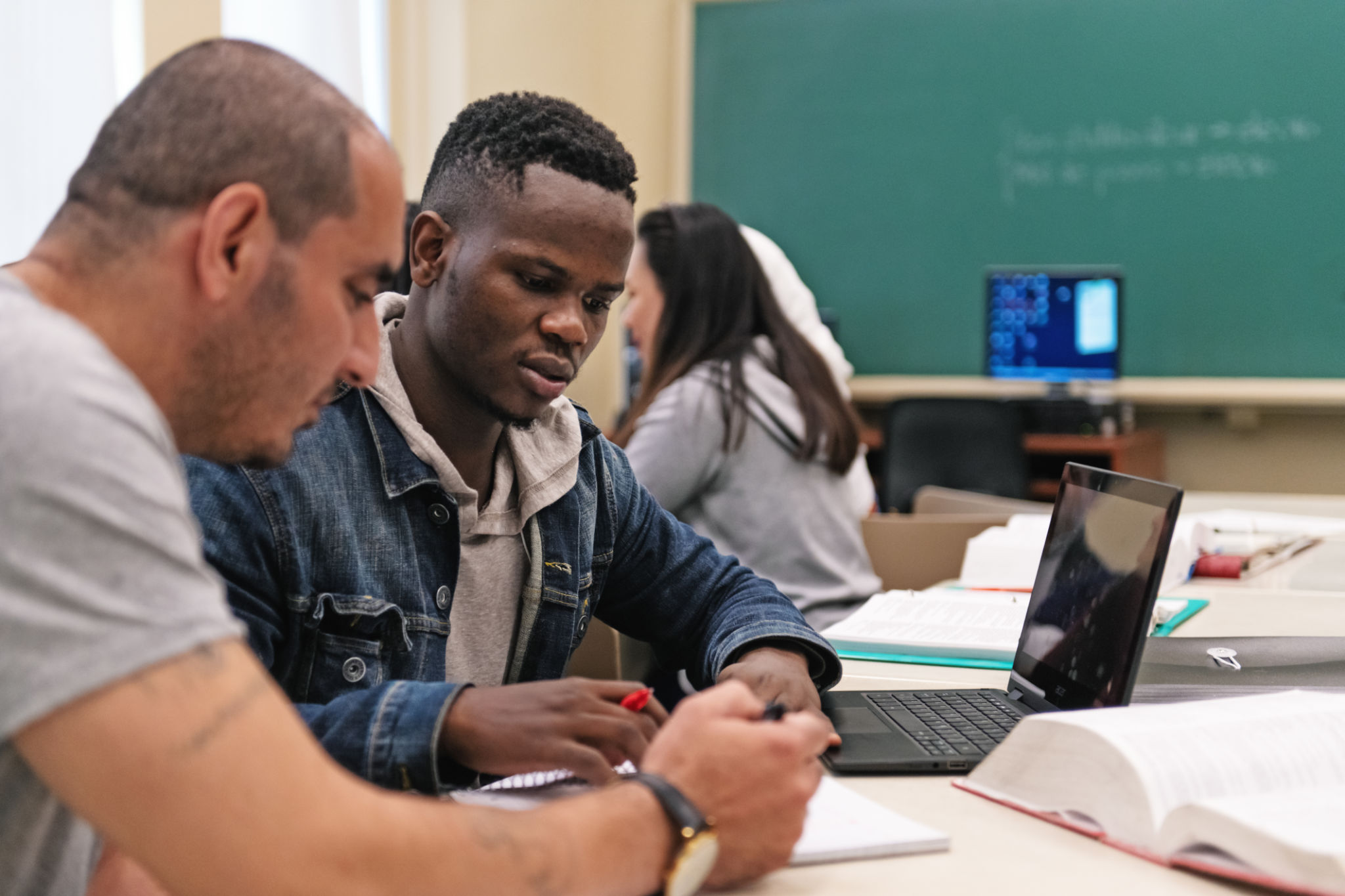Expert Insights: The Role of Peer Support in Muslim Communities
Understanding Peer Support in Muslim Communities
Peer support plays a vital role in various communities, including those within the Muslim world. It is a form of assistance where individuals provide knowledge, experience, and emotional support to each other. This system can be particularly effective in Muslim communities, where shared values and experiences can strengthen the bonds between members.
Peer support groups offer a safe space for individuals to express their concerns and challenges without fear of judgment. These groups empower members by fostering a sense of belonging and understanding. In Muslim communities, where communal ties are often strong, peer support can further enhance personal growth and collective resilience.

The Benefits of Peer Support
Peer support provides numerous benefits, both for the individuals involved and the community as a whole. Some of the key advantages include:
- Emotional Support: Having someone who understands your experiences can be comforting and reduce feelings of isolation.
- Shared Knowledge: Peers can share their insights, offering practical advice that is culturally relevant and sensitive.
- Empowerment: Being part of a peer group can boost self-esteem and encourage individuals to take active roles in their community.
These benefits are particularly important in challenging times, such as during personal crises or societal upheavals. The shared understanding found in peer support groups can help members navigate these situations with greater confidence and resilience.

Challenges Facing Peer Support Initiatives
Despite the many benefits, establishing effective peer support networks in Muslim communities is not without challenges. One significant hurdle is the stigma associated with seeking help. In some cultures, admitting the need for support can be seen as a weakness, which may deter individuals from participating in these groups.
Furthermore, logistical issues such as finding appropriate meeting spaces and coordinating suitable times for gatherings can also pose challenges. Ensuring that peer support initiatives are accessible to all community members, including women and youth, requires careful planning and consideration.
Success Stories from Muslim Communities
There are numerous success stories from around the world where peer support has made a profound impact on Muslim communities. For instance, in some areas, peer support groups have been instrumental in helping women overcome cultural barriers and achieve personal goals. These groups have provided a platform for women to discuss issues openly, share resources, and inspire each other.

Similarly, youth-focused peer groups have been successful in addressing challenges related to identity and integration. These groups offer young Muslims a space to explore their cultural heritage while navigating modern societal pressures.
The Future of Peer Support
The future of peer support in Muslim communities looks promising. With increased awareness and understanding of its benefits, more initiatives are being developed to reach those in need. Encouraging participation through community leaders and leveraging technology to facilitate virtual meetings can enhance these efforts.
By integrating traditional forms of support with modern approaches, peer support networks can continue to grow and adapt. This will ensure they remain relevant and effective in meeting the evolving needs of Muslim communities worldwide.
